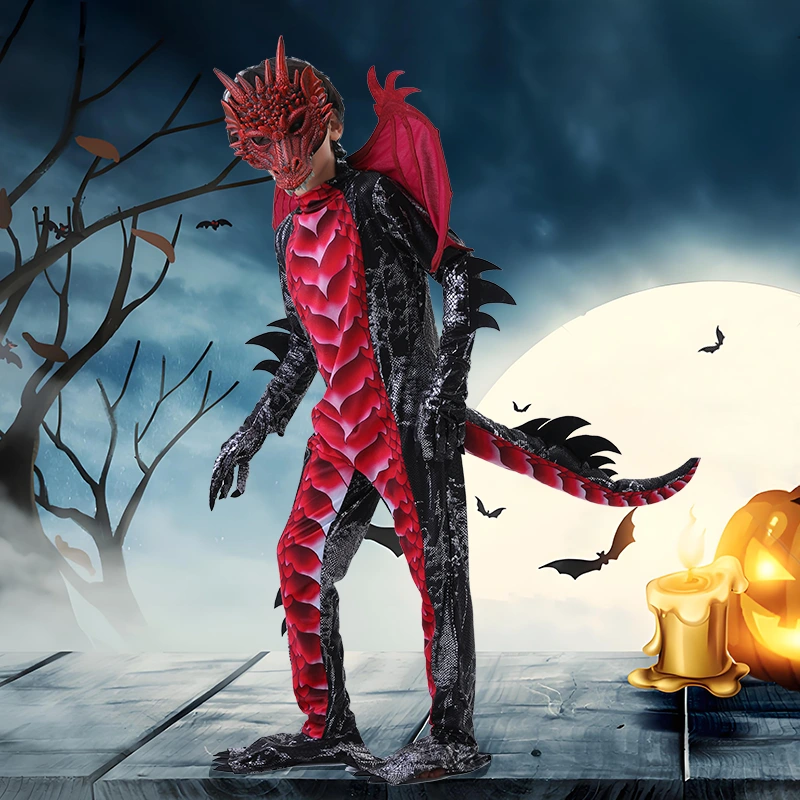what is cultural meaning of Halloween Costume
2025-05-07
The cultural meaning of a Halloween costume is layered and can vary depending on context, but here are the core aspects:
1. Expression and Identity
Halloween costumes allow people to express aspects of their identity—fears, fantasies, humor, or admiration. Dressing as a superhero, for example, can reflect empowerment or escapism.
For children, costumes often symbolize aspirations or imagination. For adults, they can be tools for satire, nostalgia, or social commentary.

2. Ritual and Community
Costumes are part of the ritualistic and communal nature of Halloween. They foster a sense of play and belonging during a shared cultural event.
In group settings, costumes can serve as social bonding tools, especially with themed parties or group costumes.
3. Fear and the Supernatural
Halloween has roots in ancient festivals like Samhain, where costumes were worn to ward off spirits. This origin still echoes in modern horror-themed costumes.
Dressing as ghosts, monsters, or witches is a way of ritualizing and confronting fear—making light of death and the unknown.
4. Commercial and Pop Culture Influence
Today, costumes often reflect mainstream pop culture, influenced by movies, celebrities, and media. This illustrates how consumerism shapes modern traditions.
Mass-produced costumes may also dilute or shift older cultural meanings into entertainment or trendiness.
5. Cultural Sensitivity and Appropriation
Some costumes raise concerns over cultural appropriation, where elements of a marginalized culture are used out of context for amusement. This has sparked discussions on respect, representation, and power dynamics.
If you are interested in our products or have any questions, please feel free to contact us and we will reply you within 24 hours.